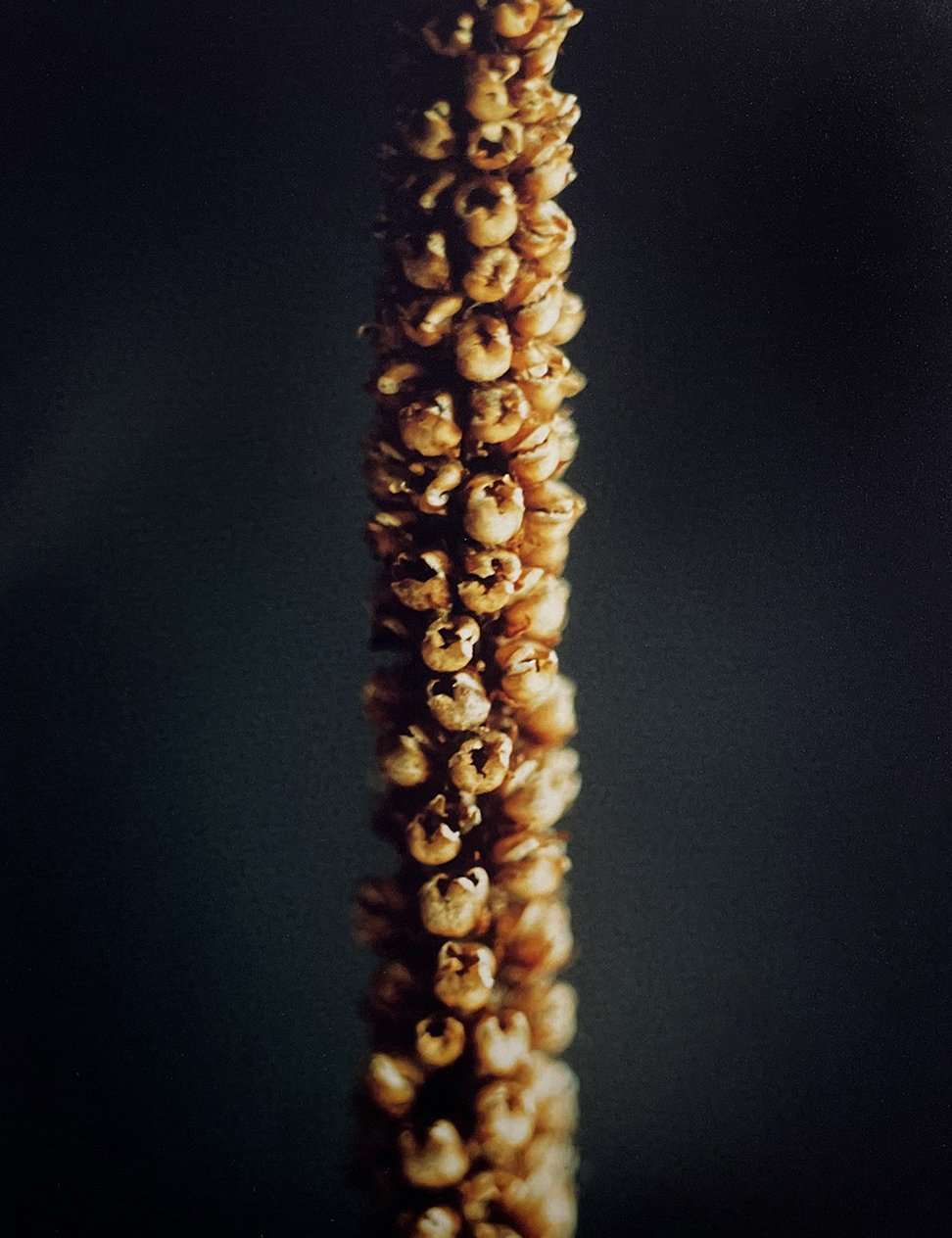Question: What if we didn't know we were going to die?
I've been wrestling with this question for a while now. I’m sitting in my studio surrounded by my large-format cameras, lenses, and half-finished canvases, drawings, and pieces of ideas, feeling the persistent hum of mortality that seems to drive every mark I make and every plate I expose.
Becker wrote about our knowledge of death as the fundamental human condition—the thing that separates us from every other creature on this planet. But what if that knowledge simply wasn't there? Like your dog sprawled in the afternoon sun, or your cat stalking a shadow, or a lion moving through the African grasslands. They have no concept that they're finite beings. All they know is the immediate drive to survive and reproduce (and we have that too).
Imagine it. Really imagine it. You wake up tomorrow with no concept that your body will one day stop working, that your consciousness will end, that there's a finite number of sunrises ahead of you. How would you move through the world? What would the world look like?
I think about my own creative practice, how much of it is driven by the need to leave something behind to create meaning in the face of the void. Would I still feel that urgent pull to the canvas and the darkroom if death weren't whispering over my shoulder? Would any of us create anything at all?
Consider this: Would we still build monuments? The pyramids exist because pharaohs knew they would die and wanted to transcend that fate. Would we have cathedrals, symphonies, novels—these desperate attempts to touch immortality through art? Or would we live in a world of immediate gratification, where nothing needed to outlast us because we couldn't conceive of not lasting?
Think about love, too. So much of our romantic intensity comes from knowing our time together is limited. "Till death do us part" only has meaning because we understand death exists. Would we love as fiercely if we believed we had infinite time with someone? Would we love at all, or would relationships become casual arrangements since there'd be no urgency, no preciousness born from scarcity?
What about progress? Every scientific breakthrough, every medical advance, every technological leap forward—aren't these all responses to our limitations, including our ultimate limitation of mortality? We cure diseases because we fear death. We explore space because we dream of transcending our earthly expiration date. We pass knowledge to our children because we know we won't be here forever to guide them.
Without death consciousness, would we become a species of eternal children, living only in the present moment like animals do? There'd be no anxiety about wasting time because we wouldn't understand that time could be wasted. No existential dread, no midnight terrors, no desperate searches for meaning. But also no urgency, no drive to become more than we are.
I keep coming back to this in my work. Every painting I create carries within it the knowledge that both the artist and the viewer will someday be gone. That tension between permanence and impermanence—it's what gives art its power. Strip away death awareness, and do we lose the very thing that makes us human?
But here's what really haunts me: Would we be happier? Becker argued that our knowledge of death creates neurosis, depression, and the endless search for ways to deny our mortality through heroism and meaning-making. Without that knowledge, would we live in a state of pure being, untroubled by the existential weight that crushes so many of us?
Or would something else emerge to fill that void? Some other awareness, some other source of meaning and motivation that we can't even imagine because death looms so large in our current consciousness?
I want to hear from you. Sit with this question for a moment. Let it unsettle you the way it's unsettled me.
What do you think would change? What would we lose? What might we gain?
Would art exist without death anxiety driving it? Would you have the same intensity? Would we still reach for the stars, or would we be content to never leave the ground?
Share your thoughts. Challenge my assumptions. Push this question further than I have. Because if there's one thing I've learned in exploring these ideas, it's that the most profound questions are meant to be wrestled with together, not solved in isolation.
What would we become if we didn't know we were going to die?




